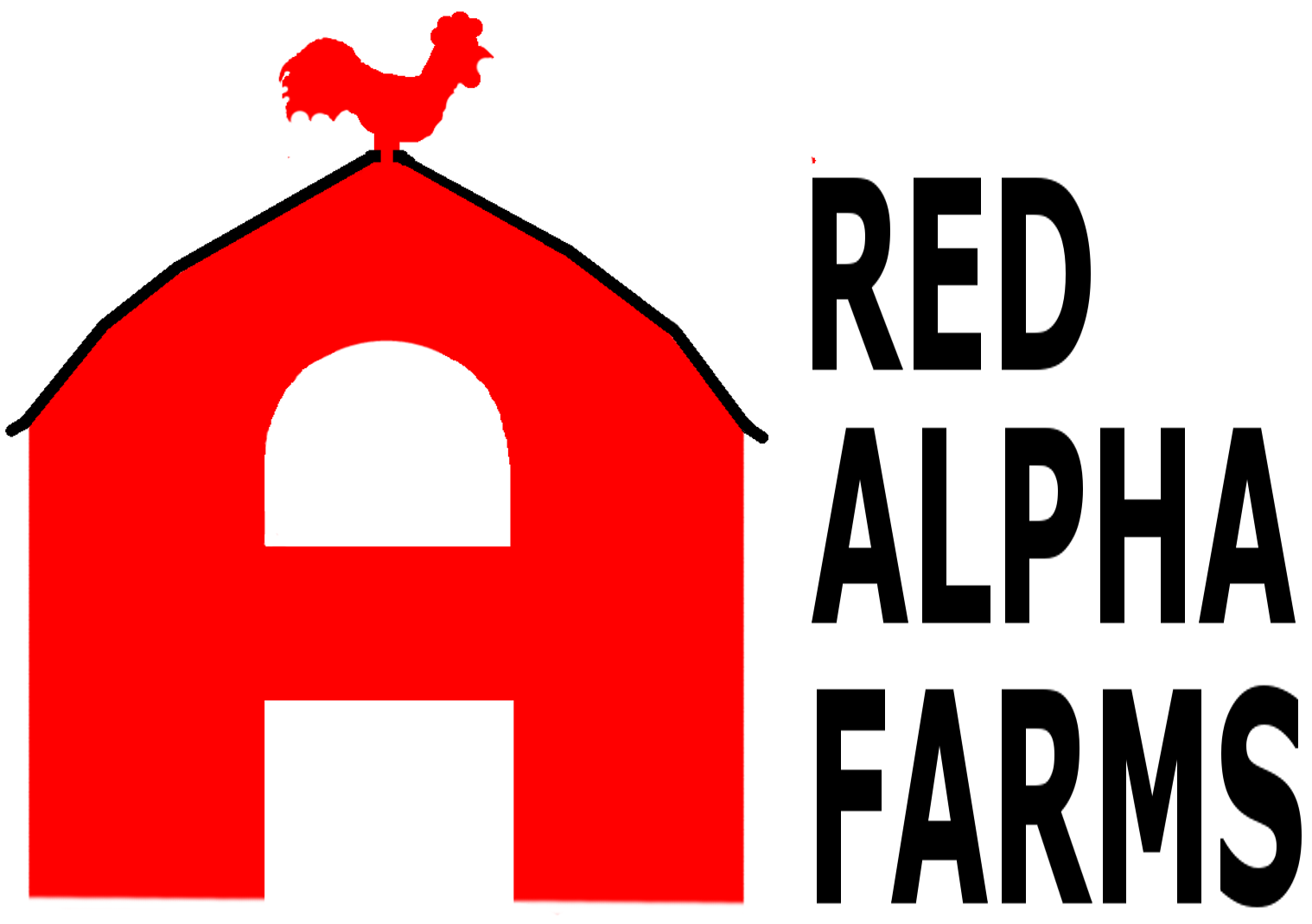I just re-read “Reproduction and Animal Health”, by Charles Walters and Gearld Fry. This is a great book that I recommend for all cattle owners and breeders. This text covers a lot of material, and one of the most important subjects to me, is mineral requirement and cause and effect.
Here are some notes from the book.
Selenium is important for the animal to be able to process copper, zinc, and manganese. Without sufficient selenium, you may have reddish brown spots on the shoulders of your black cattle and assume a copper shortage, when it may be selenium instead. Without enough selenium, cows will stay open longer and may not conceive. Fertility is the ultimate measure of health.
Too much selenium causes animal death, so it’s important to not over do it. Selenium may be highly toxic. The above text references a story from 1857 when cavalry horses at Fort Randall, South Dakota became sick while grazing pastures near the post. “Blind Staggers” or “Alkali Poisoning” may be the result. One of the greatest challenges of mineral management is getting enough, without too much.
Copper and Iron are essential to maintain good blood circulation and oxygen in the blood. Copper deficiency results in internal parasites, “depigmentation of hair and abnormal hair growth, impaired reproductive performance and heart failure, scouring, fragile bone, retained placenta and difficulty in calving”.
“Zinc is necessary for the production of sperm.”
Manganese deficiency results in leg deformities, eggs not formed correctly, degeneration of testicles, offspring born dead, delayed heat periods.
As an aside, there are several articles on the NIH website that suggests that glyphosate chelates calcium, magnesium, manganese, iron, and cobalt in the soil, rendering them unusable to the animal or human ingesting them.
I recently went to the local farm store to buy some more loose mineral for my cattle. They were out of the brand that I was attempting to purchase, so I ended up purchasing a bag of Redmond salt with Selenium 90. I will try this out and see how the cows respond.
Ultimately, the best way to know if your cattle are deficient is with a veterinarian and a blood test.
